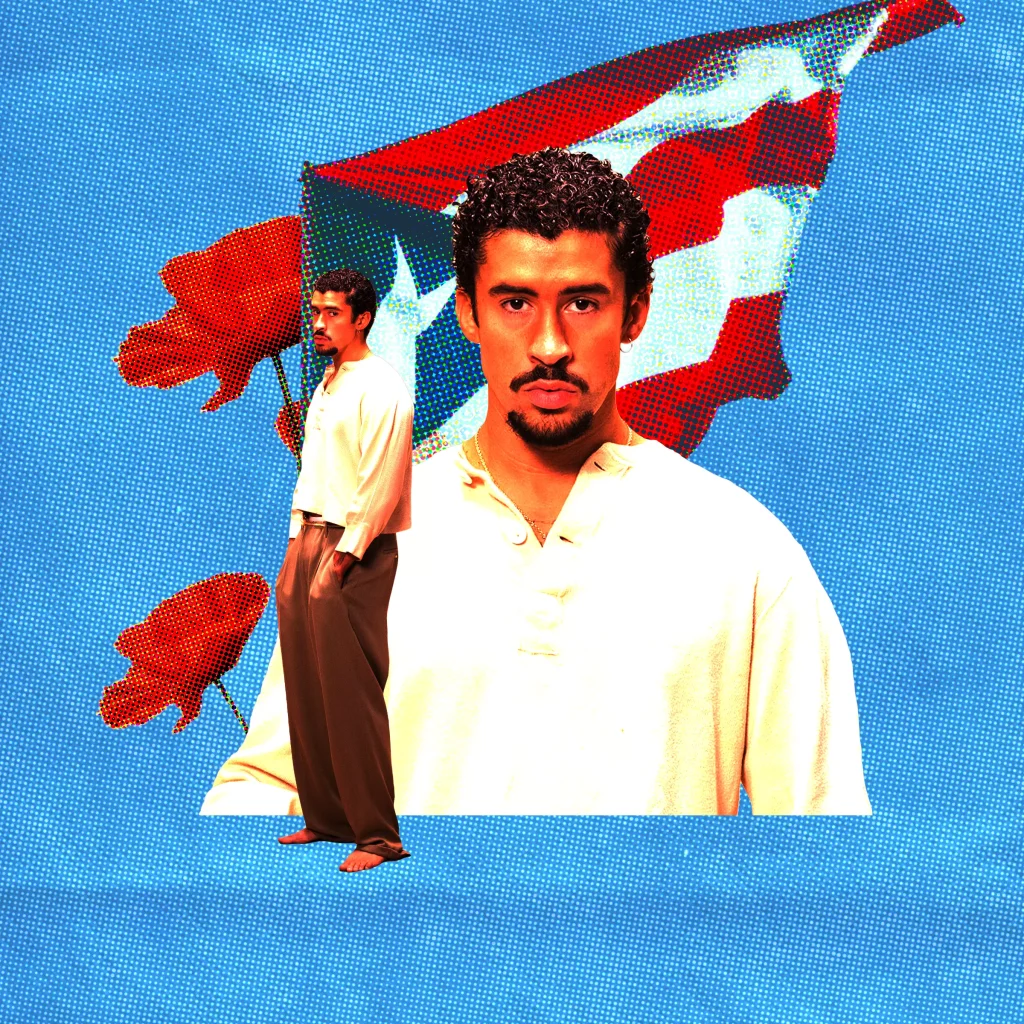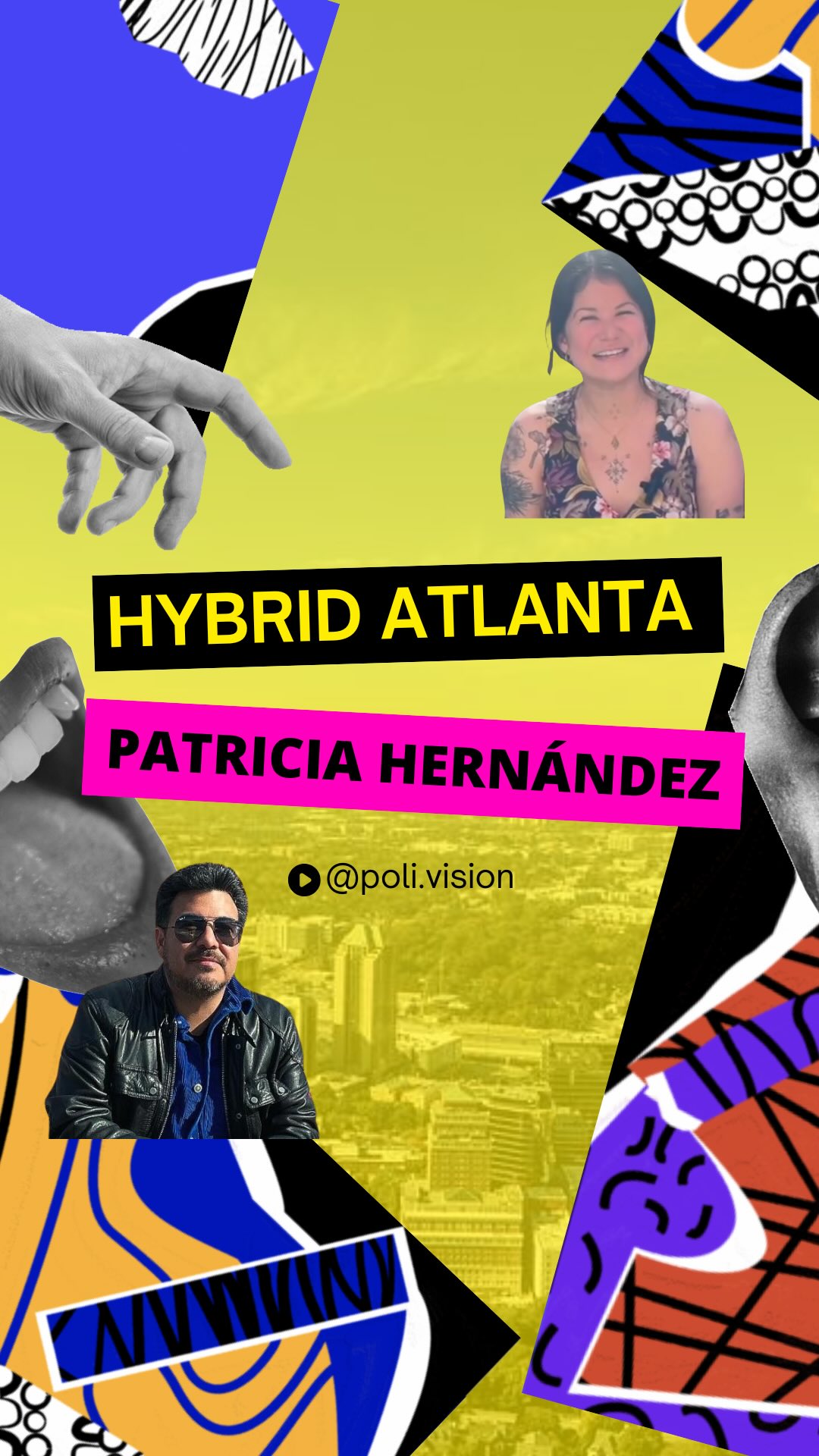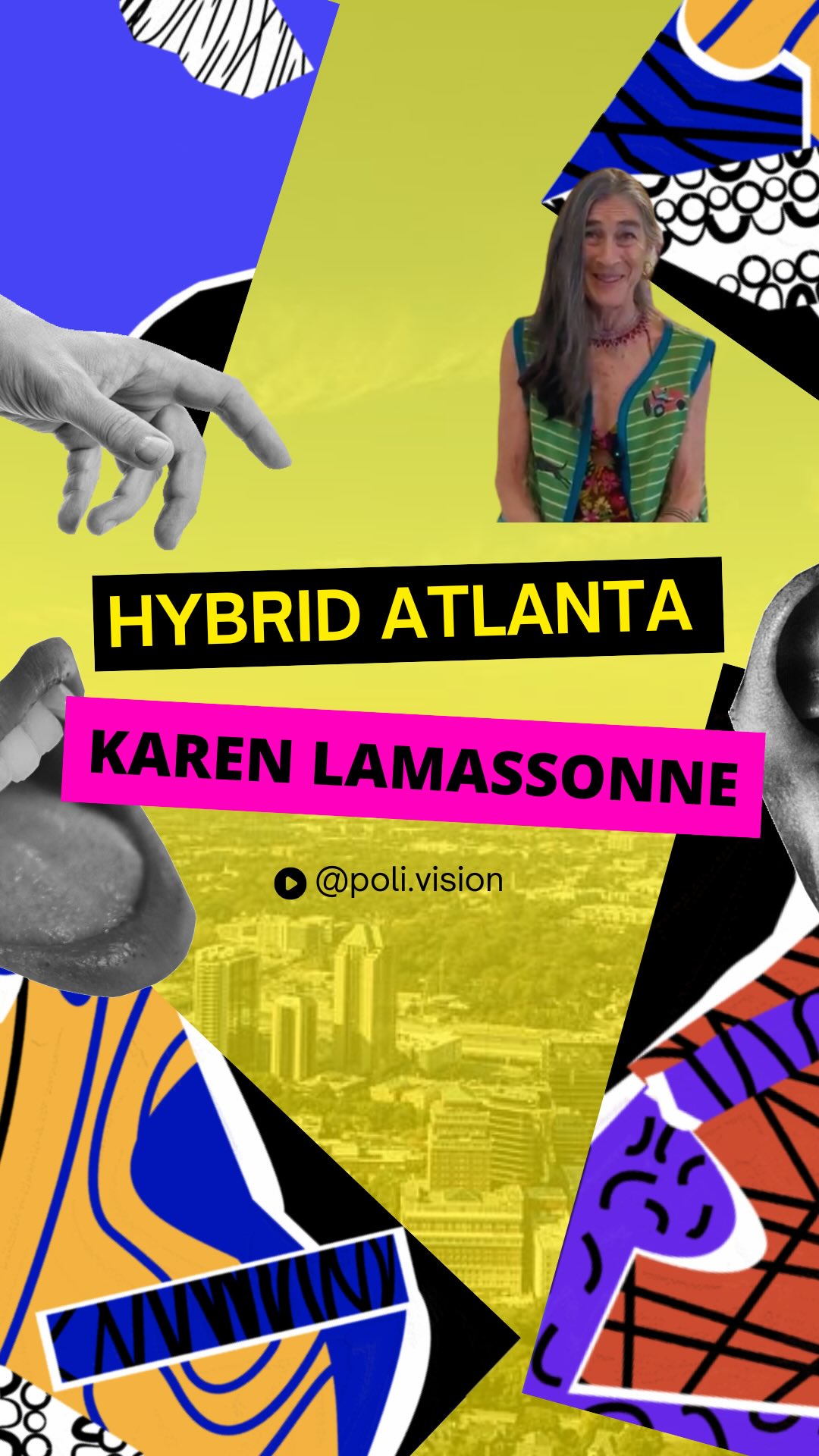Bad Bunny’s sixth studio album, DeBÍ TiRAR MáS FOToS (I Should Have Taken More Photos), has been widely celebrated as “a breathtaking balancing act, a succession of history lessons tucked inside airtight reggaeton, synth-pop, and folk songs” (Vulture) and the artist considered “a master at work to enact his vision for the future of música urbana” (Pitchfork).
A combination of reggaeton, trap and dembow with classic sounds of salsa, plena, and bolero, the album is a homage to Puerto Rico’s culture and history of resistance. Following the victory of Donald Trump and the loss of the Puerto Rican Independence Party in 2024 election, it furthers Bad Bunny’s political and social stances about the island’s struggle for sovereignty in an increasingly xenophobic climate.

The album also denounces gentrification in Puerto Rico as a manifestation of today’s colonization and mythologizes the underground past of old-school perreo when the police tried to combat “obscenity” by confiscating reggaetón CDs and tapes off the streets.
For some critics, an impressive achievement of the album is its cross-generational component. With its nostalgic references and sociopolitical appeals, it reaches older generations that usually consider reggaeton too vulgar, while introducing young followers of urban music to Caribbean classic sounds with Bad Bunny’s imprint.
While most of the critiques that have followed reggaeton during the past decades—the objectification of women, the prevalence of toxic masculinity, the whitewashing of its original black roots, the bland and repetitive lyrics and rhythms, the celebration of narco-culture, consumerism, and brass capitalism, the unintelligible affected pronunciation— persist, Bad Bunny, as one of the most streamed artists globally, seems to be trying to infuse some “scholarly” credibility and more explicit sociopolitical articulation to reggaeton, while appropriating the solid artistry of respected musical genres.
Is this the latest stage of reggaeton’s commodification? Or is Bad Bunny an artist—like Bob Dylan, John Lennon, Bob Marley, or Charly Garcia—able to elevate pop to unexpected artistic heights?
Related Readings
Vulture. (2025, January). Bad Bunny phoned home.
https://www.vulture.com/article/deb-tirar-ms-fotos-review-bad-bunny.html
Pitchfork. (2025, January 15). Bad Bunny – Debi tirar más fotos [Album review].
https://pitchfork.com/reviews/albums/bad-bunny-debi-tirar-mas-fotos/
NPR. (2025, January 15). Bad Bunny – Debi tirar más fotos [Review].
https://www.npr.org/2025/01/15/g-s1-42654/bad-bunny-debi-tirar-mas-fotos-review
Rolling Stone. (2025, January 16). Bad Bunny: Puerto Rico, new album, acting [Interview].
https://www.rollingstone.com/music/music-features/bad-bunny-puerto-rico-new-album-acting-interview-1235227338/
Rolling Stone Argentina. (2025, January 17). Crítica: Bad Bunny – Debi tirar más fotos.
https://es.rollingstone.com/arg-critica-bad-bunny-debi-tirar-mas-fotos/
El País. (2025, January 5). Bad Bunny rinde homenaje a Puerto Rico y su diáspora en ‘Debi tirar más fotos’.
https://elpais.com/us/entretenimiento/2025-01-05/bad-bunny-rinde-homenaje-a-puerto-rico-y-su-diaspora-en-debi-tirar-mas-fotos.html
El País (English edition). (2022, September 23). Classism, intergenerational conflict, misogynistic lyrics: The hate for reggaeton goes beyond musical taste.
https://english.elpais.com/culture/2022-09-23/classism-intergenerational-conflict-misogynistic-lyrics-the-hate-for-reggaeton-goes-beyond-musical-taste.html
Varsity. (2020, July 11). Reggaeton: a whitewashed genre [Article].
https://www.varsity.co.uk/music/19564
Pitchfork. (2023, February 22). Reggaeton’s rise in Spain.
https://pitchfork.com/features/article/reggaeton-rise-spain/
AAIHS. (2024, February 14). The erasure of Blackness in reggaeton.
https://www.aaihs.org/the-erasure-of-blackness-in-reggaeton/
Cambridge University Press. (2022, May 16). The influence of narcoculture on popular music: A critical look at reggaeton’s narcomessages and narcorepresentations.
https://www.cambridge.org/core/journals/journal-of-the-royal-musical-association/article/abs/influence-of-narcoculture-on-popular-music-a-critical-look-at-reggaetons-narcomessages-and-narcorepresentations/ECF8F4CD97EAC1C6D7E63C491FB45D6B
Foreign Policy. (2022, September 2). Bad Bunny, VMAs, and reggaeton’s journey through Puerto Rico, Colombia, Panama, and Jamaica.
https://foreignpolicy.com/2022/09/02/bad-bunny-vma-reggaeton-music-puerto-rico-colombia-panama-jamaica/
The New York Times. (2021, August 11). ‘Loud’: A podcast on reggaeton’s roots.
https://www.nytimes.com/2021/08/11/arts/music/reggaeton-loud-podcast.html
Rolling Stone. (2020, February 28). Reggaeton’s Black history: Ivy Queen, La Sista, Tego Calderón.
https://www.rollingstone.com/music/music-latin/reggaeton-black-history-ivy-queen-la-sista-tego-calderon-952508/
PopMeC. (2020, July 28). Bad Bunny Perrea Sola: the gender issue in reggaeton.
https://popmec.hypotheses.org/2297
Iowa Public Radio. (2023, March 14). A tough question led one woman to create the first Puerto Rican reggaeton archive.
https://www.iowapublicradio.org/2023-03-14/a-tough-question-led-one-woman-to-create-the-first-puerto-rican-reggaeton-archive
NPR. (2023, March 14). Hasta bajo: Documenting the Puerto Rican reggaeton archive.
https://www.npr.org/2023/03/14/1161312448/hasta-bajo-reggaeton-archive
SAGE Journals. (2019, March 25). Feminist Reggaeton in Spain: Young Women Subverting Machismo Through ‘Perreo’.
https://journals.sagepub.com/doi/abs/10.1177/1103308819831473
RFI. (2021, April 21). “I choose to go there”: Reggaeton’s women redefine feminism on their terms.
https://www.rfi.fr/en/i-choose-to-go-there-reggaeton-s-women-redefine-feminism-on-their-terms




























































